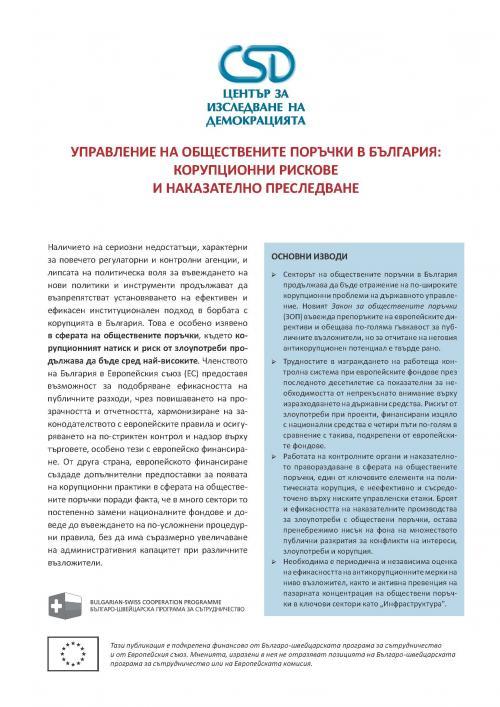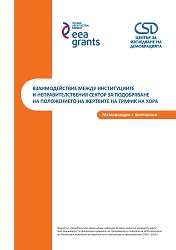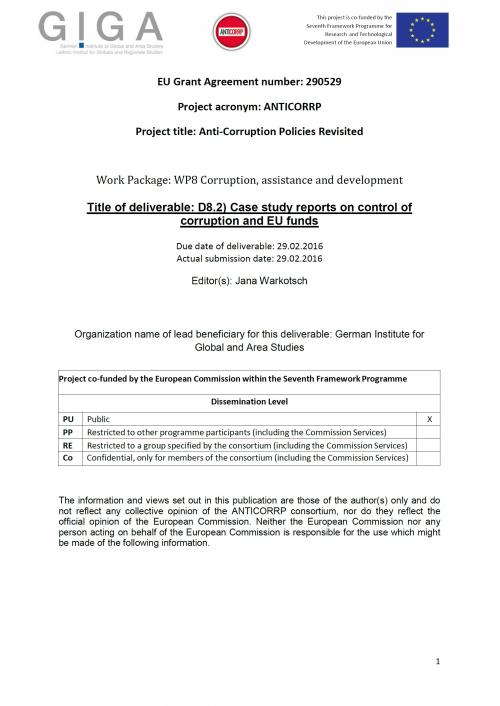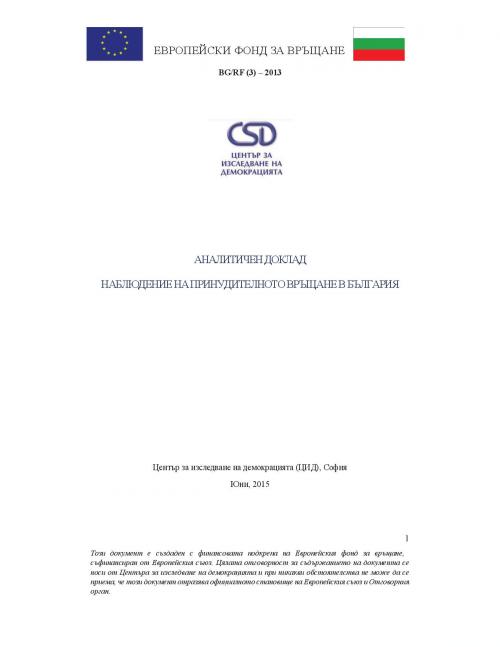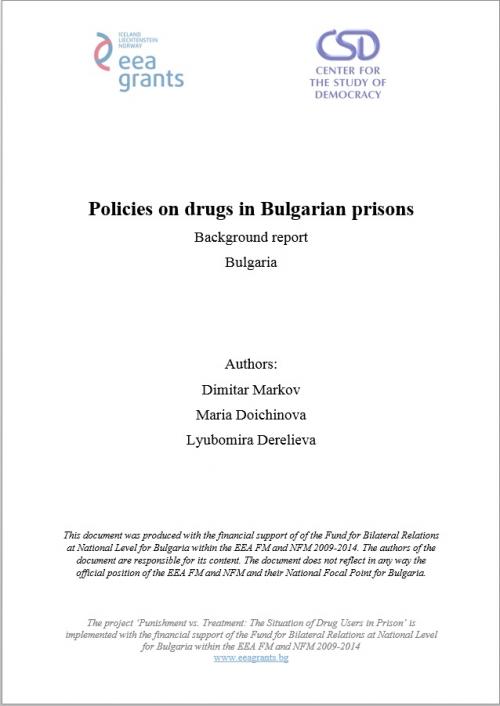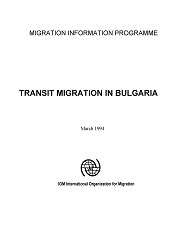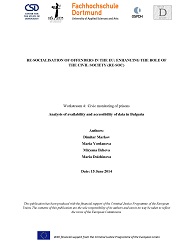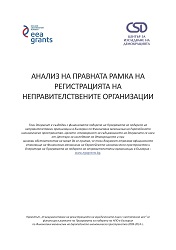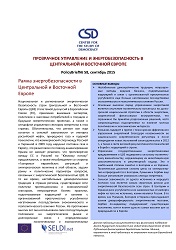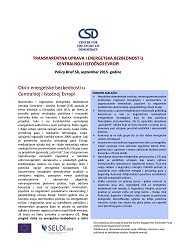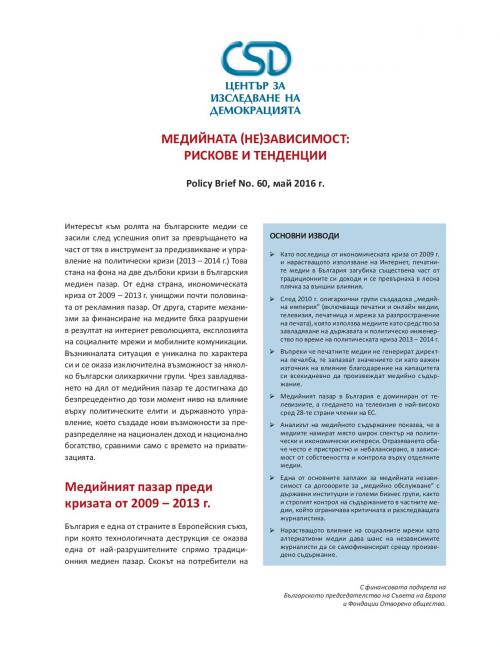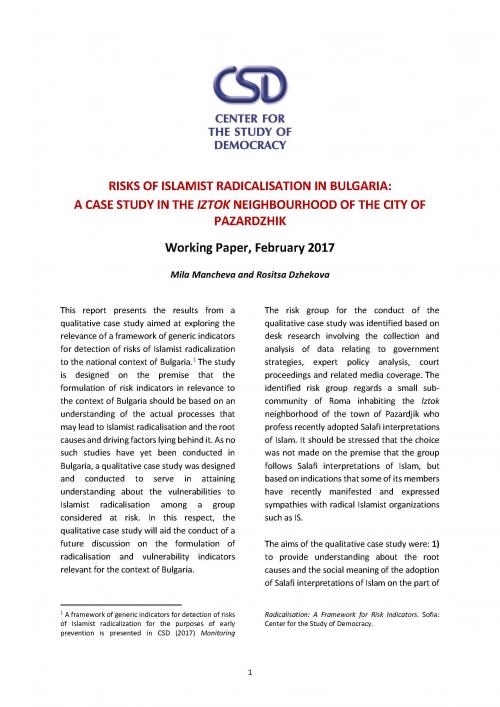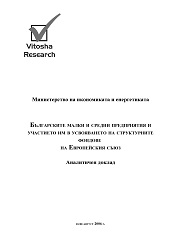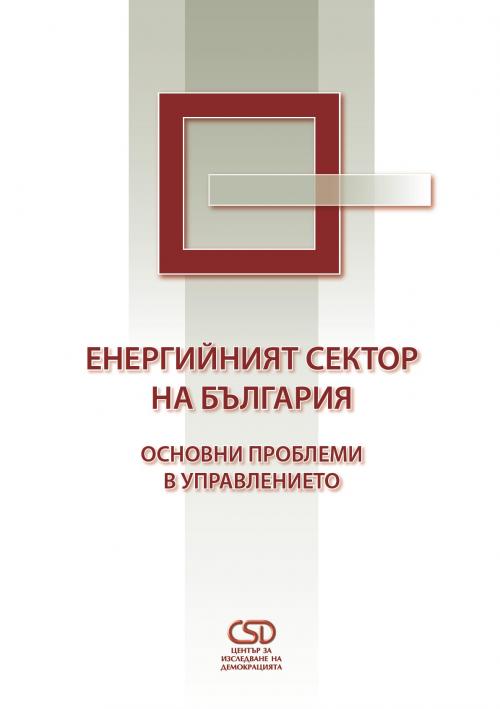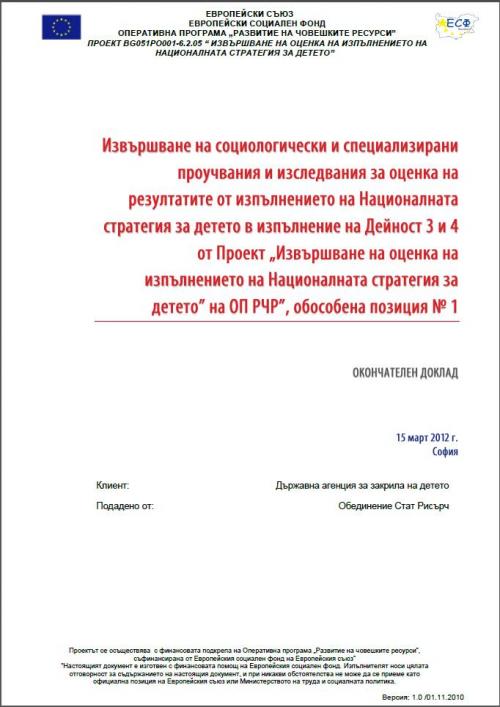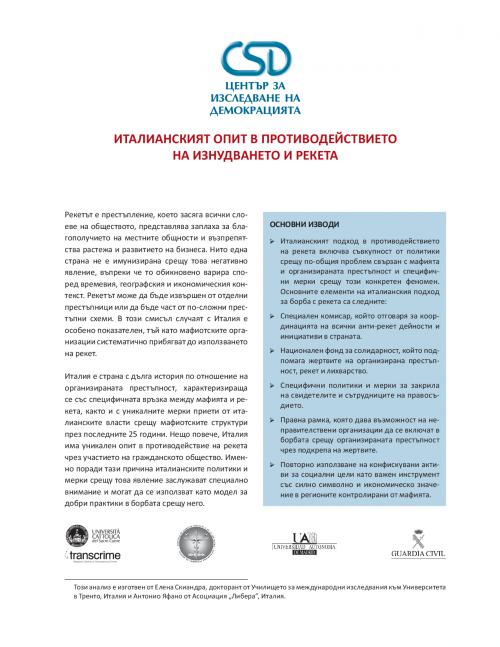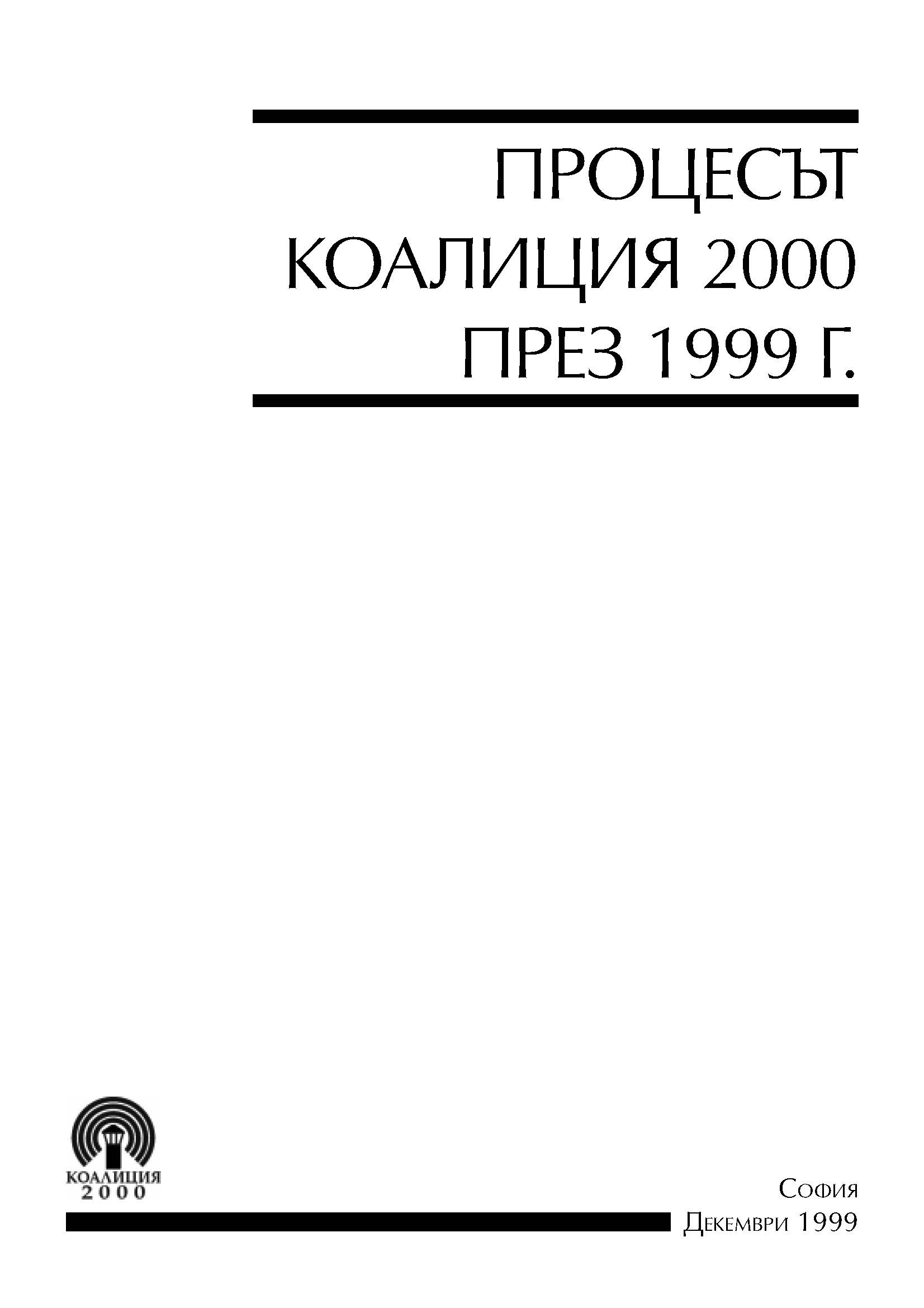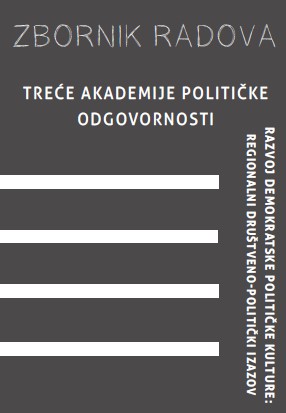Author(s): Zlatiborka Popov Momčinović,Alen Kristić,Nasiha Pozder,Željko Ivanković,Dino Abazović,Drago Bojić,Sabina Čehajić-Clancy,Vjekoslav Domljan,Sarina Bakić,Ivan Šarčević / Language(s): Bosnian,Croatian,Serbian
Fondacija Boris Divković formirana je u ljeto 2013. godine u Sarajevu. Ideja osnivača je da se kroz rad Fondacije što veći broj mladih ljudi, kako u našoj zemlji tako i u regiji, upozna i uči odgovornoj političkoj teoriji i praksi. Iako Fondacija djeluje na socijalno liberalnim polazištima, odlučilo se ovim obrazovnim procesom obuhvatiti i mlade ljude koji su dijelom različitih organizacija, političkih ili nevladinih, drugačijih ubjeđenja, ali i one koji individualno žele unaprijediti svoja znanja o političkoj kulturi. Pitanje sprege morala i politike bilo je od velike važnosti za našeg kolegu Borisa Divkovića i upravo je jedna od prvih značajnijih aktivnosti Fondacije organizacija Akademije političke odgovornosti u kojoj su učestvovali mladi brojnih političkih orijentacija i profila. U novembru 2016. godine održana je treća Akademija političke odgovornosti, a zbog velikog interesa polaznika u maju ove godine organiziran je i njen drugi modul. Teme su obuhvatile: opšti pojam političke kulture, njen razvoj i važnost, dominantnu paradigmu regionalne političke kulture iz perspektive koncepcije svjetskog etosa, religiju kao podcjenjeno mjesto političke socijalizacije. Razgovarali smo o ekonomiji u području politike, kulturi sjećanja. Također, predstavljeni su globalni politički portreti ličnosti poput Vaclava Havela i Wangari Muta Maathai, te regionalni politički portreti kao što su: Zoran Đinđić, Vlado Gotovac, Bogić Bogićević I Boris Divković. Drugi modul išao je detaljno u političko-ekonomske paradigme sa stajališta svjetskog etosa, religiozne socijalne nauke, itd. Posebna pažnja posvećena je ekološkim temama.
More...
